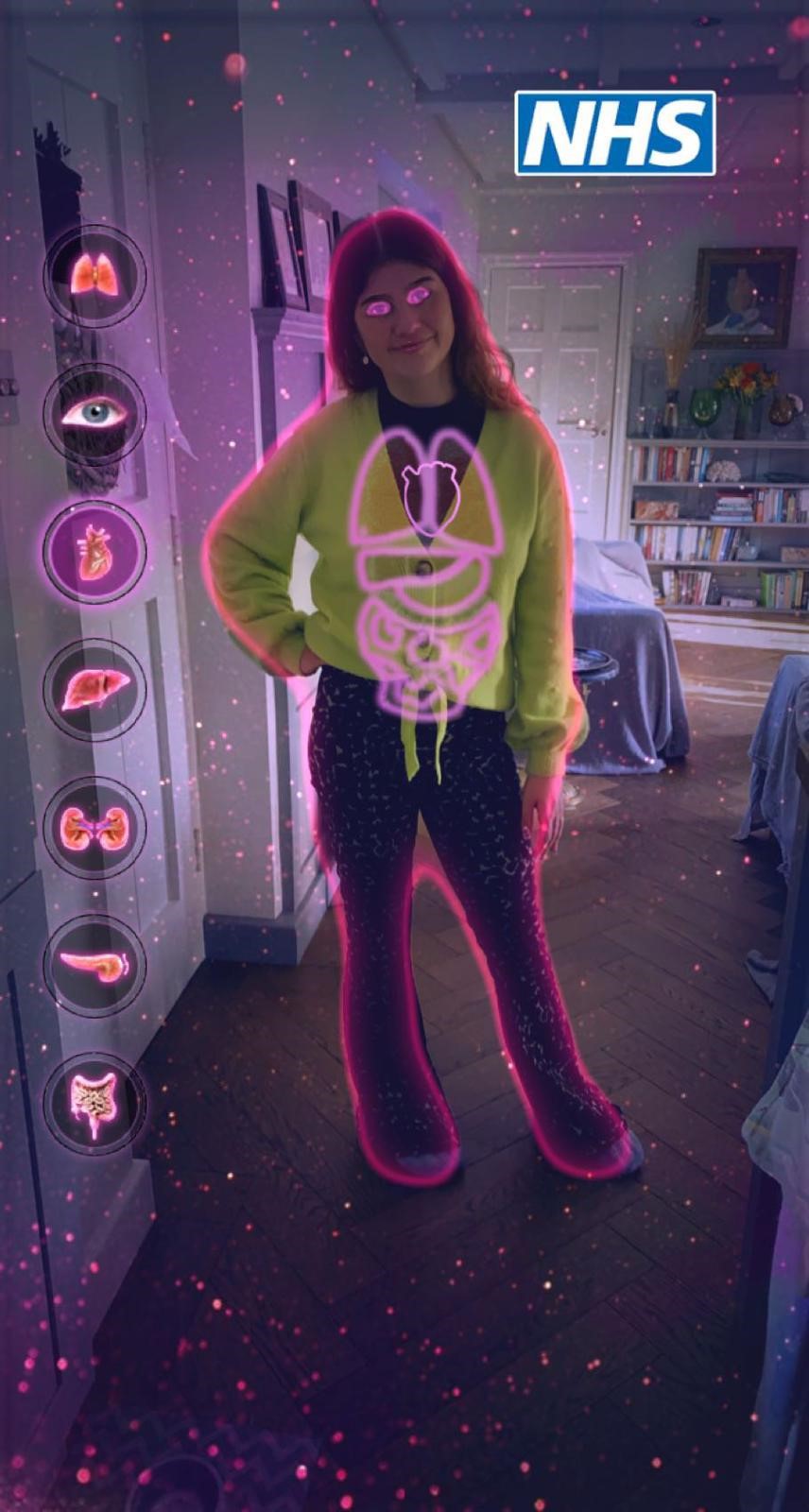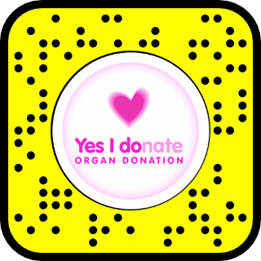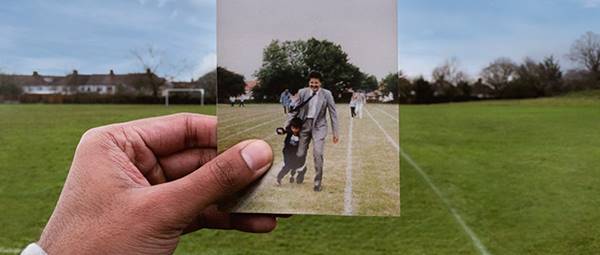New body scanning technology prompts people to see their bodies - and organ donation - differently
Today, on World Kidney Day (11 March), NHS Blood and Transplant has partnered with Snapchat to drive organ donation awareness with the launch of a body-tracking Augmented Reality (AR) Lens.
 The AR Lens enables snapchatters to locate and learn about key organs within the body. Created in partnership with OmniGOV at Manning Gottlieb OMD, the campaign, which specifically targets younger audiences encourages Snapchatters to talk with their loved ones about organ donation.
The AR Lens enables snapchatters to locate and learn about key organs within the body. Created in partnership with OmniGOV at Manning Gottlieb OMD, the campaign, which specifically targets younger audiences encourages Snapchatters to talk with their loved ones about organ donation.
The NHS Blood and Transplant Snapchat AR Lens is the first of its kind and combines full body tracking technology, with infographics to engage and educate younger audiences particularly in the 16-20 age range.
The Lens aims to highlight the shortage of organs for those waiting for a transplant, particularly those from Black and Asian backgrounds.
How the experience works:
- To access the experience, Snapchatters open the app and either scan the Snapcode or click on the campaign icon in their Lens carousel
- Once activated Snapchatters will be told to flip the camera and point the phone at a person to access the body scanning technology
- The Snapchat camera will then track the body in view and identify the organs that can be donated to save or enhance a person’s life- including heart, lungs, eyes, kidneys, liver, pancreas and small intestine.
- Snapchatters can then select specific organs or the icons down the side to learn more. There is also a swipe-up option which directs to the organ donation website
It is currently estimated that over 6,000 people across the UK are waiting for an organ transplant.
For many patients in need of a transplant the best match will come from a donor from the same ethnic background.
In the UK there are currently estimated to be at least 2,569 people on the waiting list for a kidney transplant and 580 of those are from Black, Asian or minority ethnic backgrounds.
Black, Asian and minority ethnic patients often have to wait significantly longer for a successful match than white patients, due to a shortage of suitably matched donors.
Holly Mason, Deputy Head of Organ Donation Marketing at NHS Blood and Transplant, said: “Working with Snapchat to utilise this new body scanning technology, is a really exciting opportunity for us. We are constantly looking for new ways to raise awareness and get people talking about organ donation.
“By educating younger generations on the importance of organ donation, we know they can lead the way for the future. Our research tells us that young people have the ability to become real changemakers, challenging and inspiring change within their wider family.
“We hope that the lens encourages and motivates people to have a discussion with their loved ones about organ donation and together we can save more lives.”
Simran's story
Simran Sahajpal is a University student from Birmingham who underwent a kidney transplant in October 2020 after waiting for an organ for five years.
Simran says: “It was overwhelming when I got the news that they’d found a match for me. After waiting for such a long time, it was a feeling of nervousness and excitement. Now that I have had my transplant, I will be able to do all the things I wouldn’t have been able to do before and focus on my future and completing my University degree.
“I feel so fortunate to have received my kidney and I’m hoping for all those who are currently waiting for a transplant to not lose hope and maybe someday they will be able to live their best lives again – just like me.”
Billy's story
Billy Gradwell Smith is one young person who was able to save lives, thanks to the fact he had already made sure his parents were aware of his organ donation decision.
Billy was just 17 when he joined the NHS Organ Donor Register, and he went on to donate after collapsing suddenly with a brain haemorrhage, while at home from University for the Christmas holidays.
Billy's mum, Jane explains: "When we were told Billy wasn't going to make it, we already knew he wanted to donate his organs. He was a fantastic, positive kid and had made sure to tell the family after signing up to the NHS Organ Donor Register while applying for his provisional driving licence.
“My husband Trevor and I both said that we would be happy to donate anything but not our eyes. However, true to Billy, he already had an opinion and asked ‘what will you two need them for?’
“It was such a flippant conversation, but it got us thinking about it. We didn’t really discuss it much afterwards, especially as all four of us were already on the donation register.
“But when the time came by making his decision clear, Billy made a difficult situation easier for us, and ensured he didn't miss the opportunity to save lives."
Whatever you decide, please register your organ donation decision and share your decision with your family.

AR Lens snapcode - scan to unlock and try it out!

Talk to your loved ones about organ donation
Find out why it's important, whatever you decide
English organ donation law has changed
You still have a choice about whether or not you wish to become a donor.
Organ donation law where you live
Organ donation laws vary in different countries across the United Kingdom.
